Make it stand out
Accidents & Injury at Work Claims
Accidents & Injury at Work Claims
Whether you work in a dangerous environment or not, injuries caused by accidents in the workplace are subject to compensation for the medical bills, pain and inconvenience. While it all depends on the details of the incident, injury, and medical care, if you have been harmed at work you should seek a professional solicitor to facilitate your work accident compensation claim and get the payout that you deserve. It is vital to know what the category of your injury at work compensation claim is and how much you are entitled to for your pain, discomfort and trouble.
What causes accidents at work?
The main cause of serious accidents at work is typically slipping and falling. A frequently pursued case of personal injury accidents is slipping on a wet puddle or tripping. This is common for custodians and other workers who are employed in an environment where the floor may be wet or where there is clutter.
The “slip and fall” incident is one of the accident at work scenarios where the victim should obtain an accident report and ensure that all the details of the environment and injury are described. For example, it is important to note if a hazard sign was in place, if there was any debris or another obstructing material, and if there were any witnesses present.
Another common accident at work is being injured by machinery. This ranges from small cuts to more significant, sometimes permanent injuries. If you have been injured by a machine at work, it is important to show why you weren’t at fault. The machine could have malfunctioned or someone could have gotten in the way. This also applies to injuries at work that involve industrial and electrical equipment.
Other main causes of serious accidents at work include falling from a roof or another high platform, warehouse and building site injuries. To see through the work accident compensation claim, it is important to know what type of injury you have and what the circumstances were.
I had an accident at work, what are my rights?
As an employee you have rights and there are rules on accidents at work defining the employer’s responsibility. Your employer may be required to compensate you for an on-site accident. If you were harmed while you were working, you’re not likely responsible for your medical bills and other expenses. Please note there are also a few scenarios where you may be held responsible for your injury at work. For this reason, you need to follow the necessary steps to ensure you are entitled to make a claim and receive compensation.
What to do after an accident at work?
The accident at work procedure defines the steps you should follow when you experience this situation. When you are injured at work, you first need to seek the necessary medical attention. It is important to understand the full severity of the injury and whether it might get worse in the future.
It is also pivotal to report the accident to your management immediately independently from its severity. You should also make sure you have witnesses and document the incident in any way possible. Finally, you should speak to a work accident solicitor.
How do you report an accident at work?
One of the main reasons for reporting accidents at work is to cover your bases, but you may wonder who is responsible for reporting accidents at work and how to write an accident report at work.
It is your employer’s responsibility to report serious work-related accidents, diseases and dangerous incidents to the Health and Safety Executive for Northern Ireland (HSENI) or the Health and Safety department at your local authority. They must report:
major injuries,
dangerous incidents,
any other injury preventing an employee from doing their normal work for more than three days
disease
How to make a claim for an accident at work?
Once you are working with a solicitor and all the necessary information has been gathered, you will be able to open a claim. You will need to submit an application to the Personal Injuries Assessment Board (PIAB) who will categorise your injury and determine the amount of compensation you are owed. If the PIAB comes back with an amount that you and your team believe is low, you can dispute the amount and ask for a reassessment. With all the medical bills, photos of the scene, witnesses, and any other relevant case information, the PIAB will determine if you are entitled to compensation and how much you will receive.
How long after an accident at work can you claim?
The PIAB will take claims within two years of the accident. You want to make sure that you send in your application before that two year mark but it is generally advisable to send in the claim as soon as possible. When the PIAB has received it, they make a decision over the following nine months.
Can I be dismissed after an accident at work?
Luckily Ireland has strong protections for workers who have encountered dismissal due to an accident at work. A dismissal from work after an injury is deemed unfair and it gives you ground for the legal proceedings against the employer. You cannot be terminated for opening up a claim or pursuing compensation.

